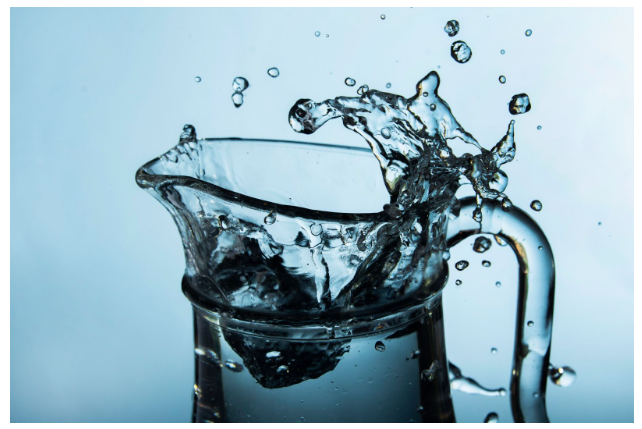A Comprehensive Guide to Choosing the Perfect Water Purifier

Nowadays, where water quality is a growing concern, having access to clean and safe drinking water is very important. Water purifiers offer a solution to this concern by filtering out contaminants and impurities, ensuring that the water you consume is healthy and safe.
However, with a plethora of options available in the market, choosing the perfect water purifier can be a daunting task. In this comprehensive guide, we will walk you through the key factors to consider when selecting a water purifier to suit your needs.
Some Main Types of Water Purifiers
1. Understand Your Water Source
The first step in choosing the right water purifier is to understand the quality of your water source. Is it sourced from a municipal supply, well, borewell, or any other source? Different water sources may contain different contaminants such as bacteria, viruses, heavy metals, and dissolved solids. Conducting a water quality test can help identify the specific contaminants present in your water, enabling you to select a purifier that effectively removes them.
2. Determine Your Contaminant Removal Needs
Based on the results of your water quality test, identify the contaminants that need to be removed or reduced from your water. Common contaminants include bacteria, viruses, chlorine, fluoride, lead, arsenic, and pesticides. Different types of water purifiers employ various filtration technologies, each designed to target specific contaminants. Understanding your specific contaminant removal needs will guide you in selecting the most appropriate purification technology.
3. Consider Purification Technologies:
Water purifiers employ a range of technologies to remove contaminants from water. Some common purification technologies include:
- Reverse Osmosis (RO): Effective in removing dissolved solids, heavy metals, and microbes.
- Ultraviolet (UV) Purification: Destroys bacteria, viruses, and other microorganisms by exposing water to UV light.
- Activated Carbon Filtration: Absorbs organic compounds, and chlorine, and improves taste and odor.
- Ultrafiltration (UF): Removes bacteria, viruses, and suspended solids using a fine membrane.
- Ion Exchange: Removes dissolved ions such as calcium, magnesium, and heavy metals.
- Gravity-Based Purifiers: Use activated carbon and other filtration media to remove impurities without electricity.
Choose a purification technology or a combination of technologies that best address the contaminants present in your water source.
4. Capacity and Flow Rate
Consider the capacity and flow rate of the water purifier based on your household’s water consumption. Larger households may require whole house water filter that has higher capacities and faster flow rates to ensure an adequate supply of clean water. Additionally, consider the storage capacity of the purifier if you experience frequent water cuts or irregular water supply.
5. Maintenance and Operating Costs
Factor in the maintenance and operating costs associated with the water purifier. Some technologies, such as RO purifiers, require periodic replacement of filters and membranes, which can add to the overall cost of ownership. Compare the cost of replacement filters and cartridges for different purifiers and consider the availability of spare parts and service support in your area.
6. Additional Features and Convenience
Consider additional features and convenience factors offered by the water purifier, such as:
- Storage tank with level indicators.
- Digital display for filter replacement alerts.
- UV fail alert indicator.
- Child lock function.
- Wall-mounted or countertop design.
Evaluate these features based on your preferences and requirements to enhance the overall usability and convenience of the purifier.
7. Brand Reputation and Customer Reviews
Research the reputation of the brand and read customer reviews and ratings to gauge the reliability, performance, and durability of the water purifier. Choose a reputable brand with a proven track record of quality and customer satisfaction to ensure a reliable and long-lasting product.
8. Budget Considerations
Finally, establish a budget for your water purifier based on your requirements and affordability. While it’s essential to invest in a quality purifier that meets your needs, avoid overspending on features or technologies that you may not necessarily require.
Conclusion
Selecting the perfect water purifier involves understanding your water source, identifying your contaminant removal needs, and considering purification technologies, capacity, maintenance costs, energy efficiency, and budget considerations.
By carefully evaluating these factors and making an informed decision, you can ensure that you choose a water purifier that provides safe, clean, and healthy drinking water for you and your family.

